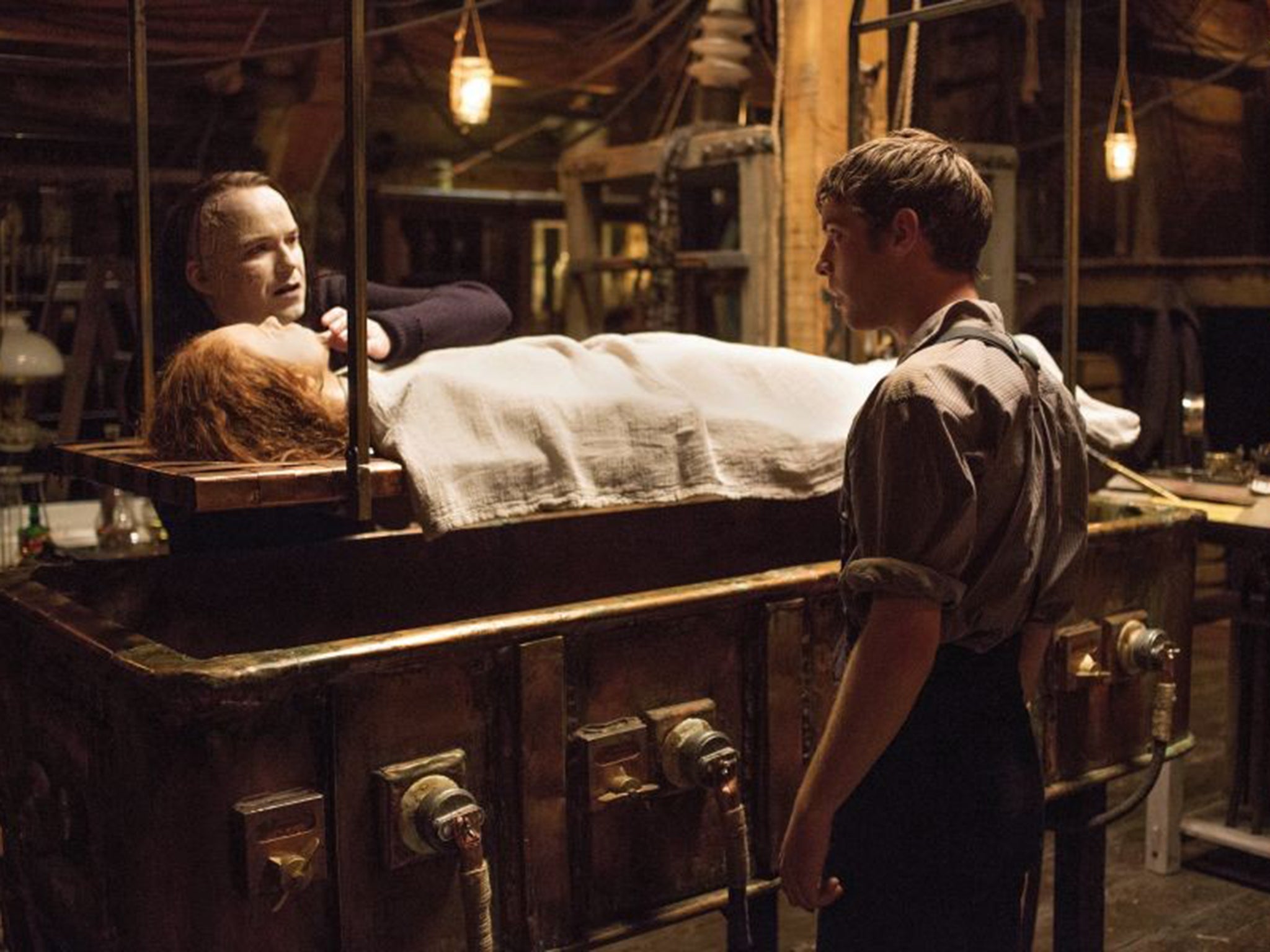Facebook feature means that people are accidentally sending Frankenstein's monsters to people as condolences
The reactions are changing retroactively, meaning that people can look very odd without even knowing it

Facebook has rolled out new “spooky” reactions buttons that are meant to get people into the Halloween spirit. But that isn’t how they’re working for everyone.
The new reactions replace the old ones – showing a laughing witch, a shocked ghost, a crying Frankenstein’s monster and an angry pumpkin. Usually those are just yellow faces, but they’ve been changed for Halloween.
Mostly that is a bit of fun, allowing people to get into the spirit. But it’s not fun at all for some users.
The little emoji have been replaced in old posts. That means that when people react to bad news – like a death in the family – then the pictures will change to show an array of monsters beneath the post.
Of particular note is the Frankenstein's monster, which has replaced the crying emoji. Since that's used so much in condolences, announcements of deaths are now full of pictures of a reincarnated dead person.
Facebook introduced reactions precisely as a way of letting people communicate more complicated feelings than the Like button allowed. People complained that they would look passive aggressive or heartless by clicking like on a negative status, and so the company introduced them in lieu of the much-requested Dislike button.
Some replied to Jared Smith’s tweet to say that the problem shouldn’t have happened at all. “Or maybe if people expressed grief and condolences like a human, with actual words, it wouldn’t be an issue,” wrote one.
And others said that Facebook’s reactions just shouldn’t be used to convey real emotions.
The reaction may come as unfortunate news for Facebook, which is said to be working hard to encourage people to share – and read, and react to – more personal news on the site.
Subscribe to Independent Premium to bookmark this article
Want to bookmark your favourite articles and stories to read or reference later? Start your Independent Premium subscription today.

Join our commenting forum
Join thought-provoking conversations, follow other Independent readers and see their replies